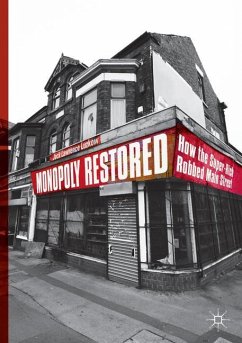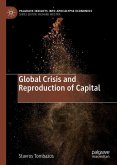This book is a work of contemporary economic history focusing primarily on the US and the UK. It shows that, historically, much of the wealth of the ultra-wealthy has been based on inheritance, tax evasion, political influence, or wage theft. Today, much of the wealth of the rentier class-the super-rich-is based on income from ownership or control of scarce assets, or assets artificially made scarce. As a result, the super-rich reap much of their wealth from patents, monopolies, and subsidies. Their banks retain the right to speculate on risky derivatives, and their credit-card companies are not limited by usury laws that reduce interest rates. The super-rich have lowered (or escaped) inheritance taxes, shifted much of their income to lower taxed capital gains, practiced wage theft, fought minimum wage laws, outsourced jobs, and resorted to temps and contract labor to avoid unions and decent wages. They use tax havens where trillions of dollars remain untaxed, transfer profits oftheirintellectual and financial property to subsidiaries in low-tax regimes, and defend for-profit health insurance that is unaffordable and inequitable for millions. This book states in qualitative and quantitative terms how expensive the super-rich have become, why they are unsustainable for the rest of us, and what the way forward to greater economic equality may be. In sum, the super-rich are unaffordable.
Bitte wählen Sie Ihr Anliegen aus.
Rechnungen
Retourenschein anfordern
Bestellstatus
Storno








